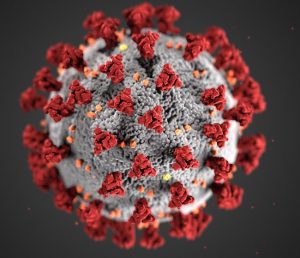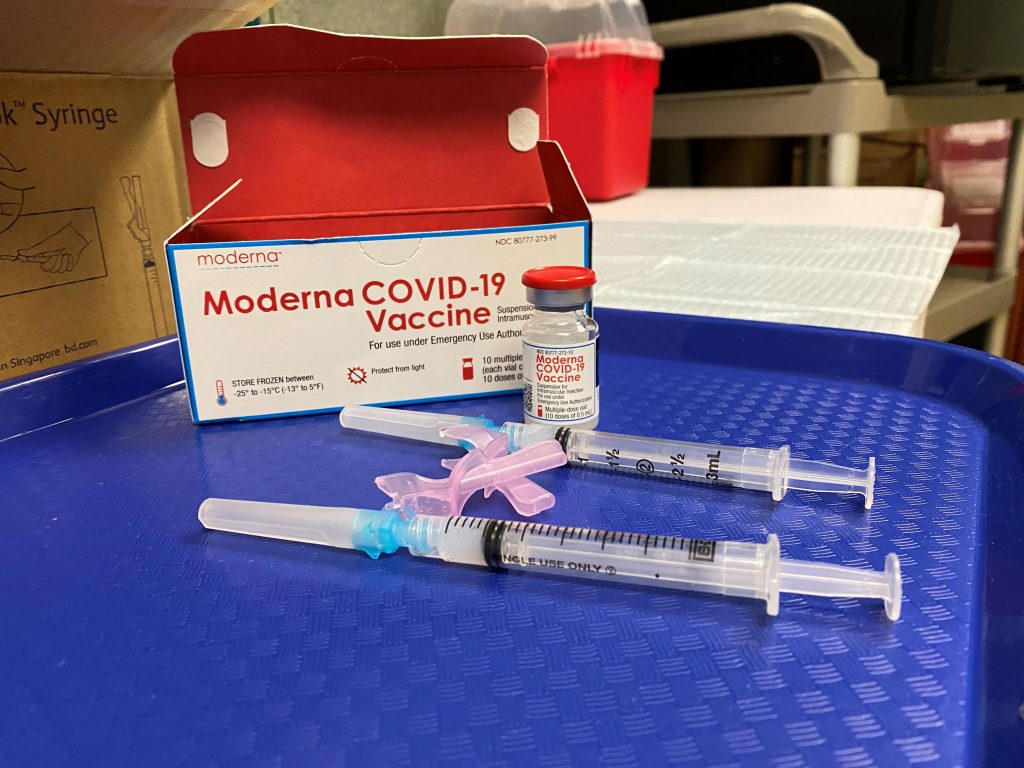A former research center director and professor emeritus of urology has lost a fourth paper after a joint investigation by the University of California San Francisco and the San Francisco Veterans Affairs Medical Center found faked data in several of his articles.
The other three retractions for Rajvir Dahiya, who directed the UCSF/VAMC Urology Research Center from 1991 until his retirement in 2020, date from 2017. In addition, a paper of his in the Proceedings of the National Academy of Sciences was corrected in 2018, and one in Clinical Cancer Research received an expression of concern last year.
The latest retraction is for “Knockdown of astrocyte-elevated gene-1 inhibits prostate cancer progression through upregulation of FOXO3a activity,” published in Oncogene in 2007. It has been cited 191 times, according to Clarivate’s Web of Science.
The retraction note, like some of the other editorial notes for Dahiya’s papers, cites the findings of a joint investigation by UCSF and the VA Medical Center:
Continue reading Professor emeritus loses fourth paper after UCSF-VA investigation, five years after other retractions








